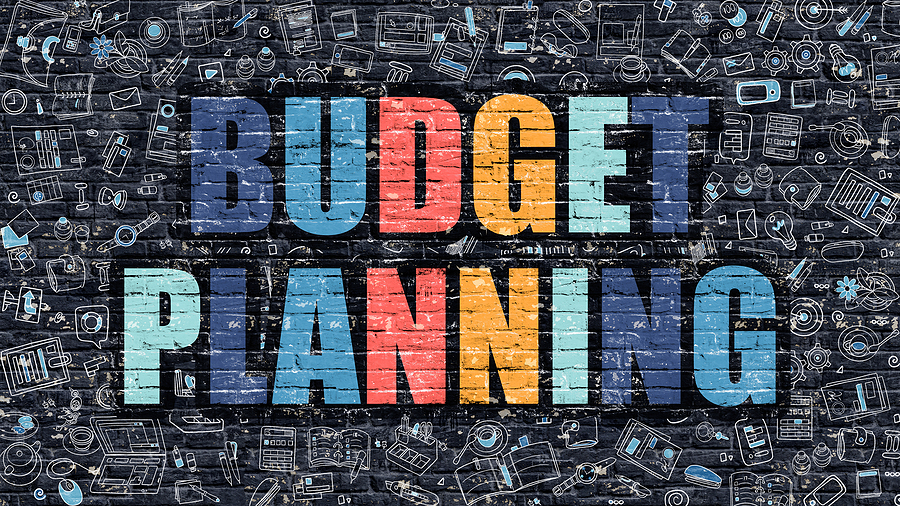March Money Madness: How to Make Smarter Financial Picks
March Money Madness: How to Make Smarter Financial Picks
March is known for many things: change of seasons, spring breaks, and most notably, March Madness. While this time is usually associated with college basketball brackets, it’s also a great time to examine one’s financial situation to make more thoughtful financial picks for your wallet. Here are some tips for smarter financial picks in your fiscal court:
Tip #1- Review your game plan.
As teams study their competition and plan their strategy, critically examine your income, expenses, savings, and investments. This comprehensive review of your financial situation may help you understand what changes must be made to boost your financial health.
Tip #2- Diversify
Secondly, consider diversification. This term, often used with investment portfolios, means not putting all your eggs in one basket. Diversifying investments across different asset classes may help mitigate risk and increase portfolio returns.
Tip #3- Build a budget
Next comes budgeting, which many financial and insurance professionals see as a cornerstone of prudent money management. The basic idea of budgeting is to work toward not spending more than one earns. Budgeting is crucial in maintaining financial stability.
In basketball, budgeting is akin to good defense—it’s not as flashy as scoring, but you’re not likely to win without it.
Tip #4- Spend wisely
Spend wisely, especially in a climate of credit card offers and easy loans. While these services can be beneficial when used appropriately, avoiding falling into a debt trap is vital. Making smart spending decisions involves understanding the difference between wants and needs and prioritizing what’s important. It also means being responsible with credit and loans, paying off balances quickly, and avoiding high-interest debt.
Tip #5- Establish an emergency fund
An emergency fund is a safety net that can protect you from unexpected expenses like job loss or medical emergencies. Your emergency fund should cover three-to-six months’ worth of essential living expenses. While building this fund may take time, it’s an investment in your financial stability and confidence.
Tip #6- Own insurance
Owning insurance protects you from unforeseen circumstances that can deplete assets prematurely. Various types of insurance may be appropriate for your situation:
- Health insurance
- Life insurance
- Long-term care insurance
- Disability insurance
- And more
Work with financial and insurance professionals to review your current coverage to assess your situation.
Tip #7- Engage with professionals
Lastly, don’t overlook the power of professional guidance. Financial and insurance professionals understand market trends, investment strategies, and protection products applicable to your situation. They can help you evaluate your situation and goals and guide you toward making more informed financial decisions.
March offers more than just excitement on the basketball court; it’s an opportunity to make smarter financial picks and work toward an independent future. Remember, when it comes to finances, every play counts.
SWG4220481-0225 b This information is provided as general information and is not intended to be specific financial guidance. Before you make any decisions regarding your personal financial situation, you should consult a financial or tax professional to discuss your individual circumstances and objectives. The sources used to prepare this material are believed to be true, accurate and reliable, but are not guaranteed.
At The JG McHugh Group our team goes through thorough training to live up to this commitment. Our approach is careful and well-organized. We gather important details from clients and advisors. Then we create a plan tailored to your Visionscape Financial Blueprint. Contact us today to begin your blueprint.





